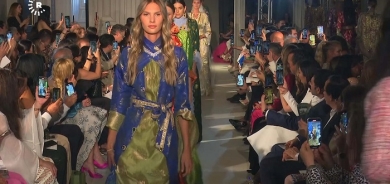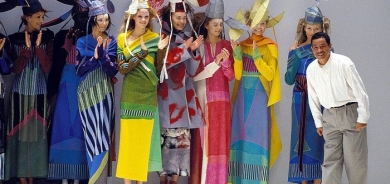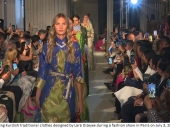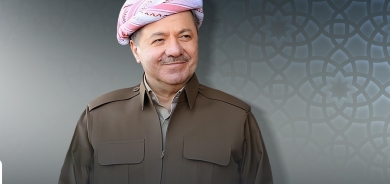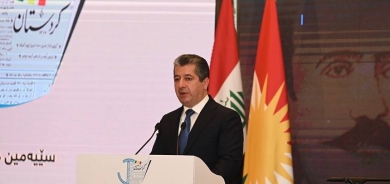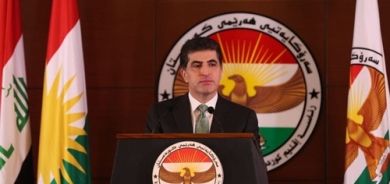Nobel Peace Prize Goes to Trio of Liberian, Yemeni Women
October 8, 2011
Miscellaneous
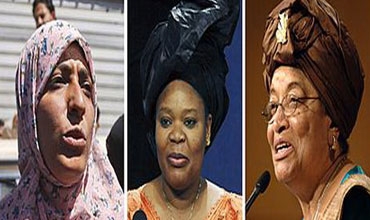
On Friday, the Norwegian Nobel Committee awarded Liberian President Ellen Johnson Sirleaf, Liberian activist Leymah Gbowee and Yemeni peace activist Tawakkul Karman with the 2011 Nobel Peace Prize.
"Ladies and gentleman, the Norwegian Nobel Committee has decided that the Nobel Peace Prize for 2011 is to be divided in three equal parts between Ellen Johnson Sirleaf, Leymah Gbowee and Tawakkul Karman for their non-violent struggle, for the safety of women and for women's rights to full participation in peace-building work.”
Mrs. Sirleaf is Africa’s first democratically-elected woman president. Gbowee is known for uniting women against Liberia’s warlords. And Karman is a Yemeni journalist and an outspoken human rights activist.
The Harvard-educated Liberian president took office in 2006, putting women’s rights at the top of her agenda. She said that she owes the award to African women.
"I am very excited, thankful and humbled," Sirleaf said."I believe it is a recognition of many years of struggle but I also believe it is a recognition of the Liberian people quest for peace."
Her co-honoree, Gbowee, expressed hope for the country.
"I am a symbol of hope in my community, on the continent, in a place where there is little to be hopeful for," she said. "If you are a symbol of hope, you don't do it because you are expecting a reward. You do it because you are expected to do so and there are people that are relying a depending on you in your community.''
The 2011 Nobel prize is meant to illustrate the importance of women in the peace process, said the Norwegian Nobel panel chairman Thorbjoern Jagland.
"We cannot achieve democracy and lasting peace in the world unless women obtain the same opportunities as men to influence developments at all levels of society," Jagland said.
On Friday in Sana'a, Karman reacted to receiving the Nobel award.
"I am very, very happy about this prize and I give the prize to the Arab revolutions and to the peaceful youth revolution in Yemen and the Yemeni people," she said. "I also dedicate this prize to the martyrs and wounded people from peaceful revolutions."
For the women of the Arab Spring, this award gives them the support of the international community. Human Rights Watch researcher Nadya Khalife reacted to the news from her home in Lebanon.
"Fortunately, these three woman have shown that with patience and perseverance anything can really happen," she said. "They really have set an example that the whole world can learn from."
An example the Nobel committee hopes will inspire the women of the Middle East and bring an end to the suppression of women worldwide.

